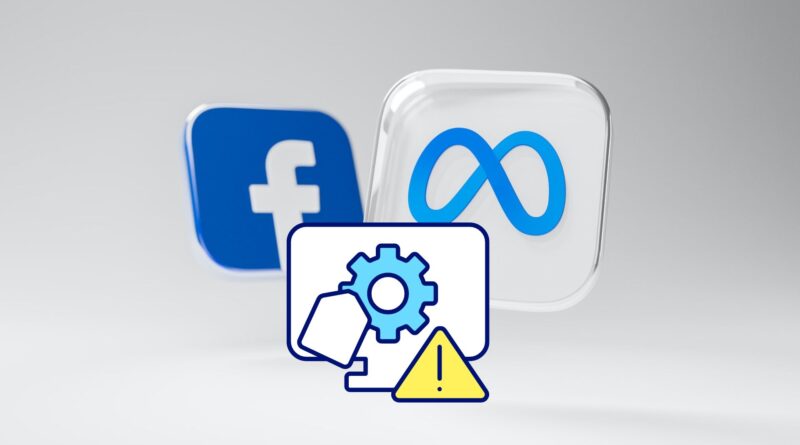The recent major Facebook outage has sparked widespread speculation about potential hacker attacks. While initial concerns about cyber attacks were natural, investigations revealed that the outage was caused by internal technical issues rather than malicious external activities. However, this incident raises important questions about social media platform security and our digital dependency. Let’s dive deeper into what really happened and what we can learn from this situation.
Spis treści:
What Really Caused the Facebook Outage?
The outage occurred due to a configuration change in Facebook’s backbone routers that coordinate network traffic. These changes disrupted communication between Facebook’s data centers, causing a cascading effect that brought down their services globally. The company’s engineers identified that the problem stemmed from a routine maintenance operation gone wrong, not from any external security breach. This technical explanation helps understand why multiple Facebook-owned platforms – including Instagram and WhatsApp – went down simultaneously.
Impact on Users and Businesses
The outage affected billions of users worldwide, highlighting our increasing dependence on social media platforms. Small businesses that rely heavily on Facebook for marketing and communication faced significant disruptions to their operations. The incident caused an estimated loss of millions of dollars in advertising revenue and business transactions. Moreover, many users who use Facebook as their primary means of communication with family and friends found themselves temporarily disconnected, demonstrating how integral these platforms have become in our daily lives.
Security Implications and Lessons Learned
While this particular incident wasn’t a cyber attack, it revealed important vulnerabilities in centralized social media infrastructure. The event demonstrated how a single point of failure can affect multiple services simultaneously. It also highlighted the importance of having backup communication channels and alternative business platforms. Facebook has since implemented additional safeguards to prevent similar configuration errors and improved their recovery procedures to reduce downtime in case of future incidents.
Protecting Against Future Incidents
Although users can’t prevent platform-wide outages, they can take steps to minimize their impact. Maintaining alternative communication channels, backing up important business data, and diversifying social media presence across multiple platforms can help reduce dependency on a single service. For businesses, this incident serves as a reminder to develop contingency plans for social media outages and consider multi-platform marketing strategies.
Moving Forward
The Facebook outage serves as a wake-up call about digital infrastructure resilience. While not a hacker attack, it demonstrates the need for robust systems and backup plans. As we continue to rely more heavily on social media platforms, understanding these technical vulnerabilities and preparing for potential disruptions becomes increasingly important. The incident has prompted both users and platforms to reassess their approach to digital dependency and security measures.
